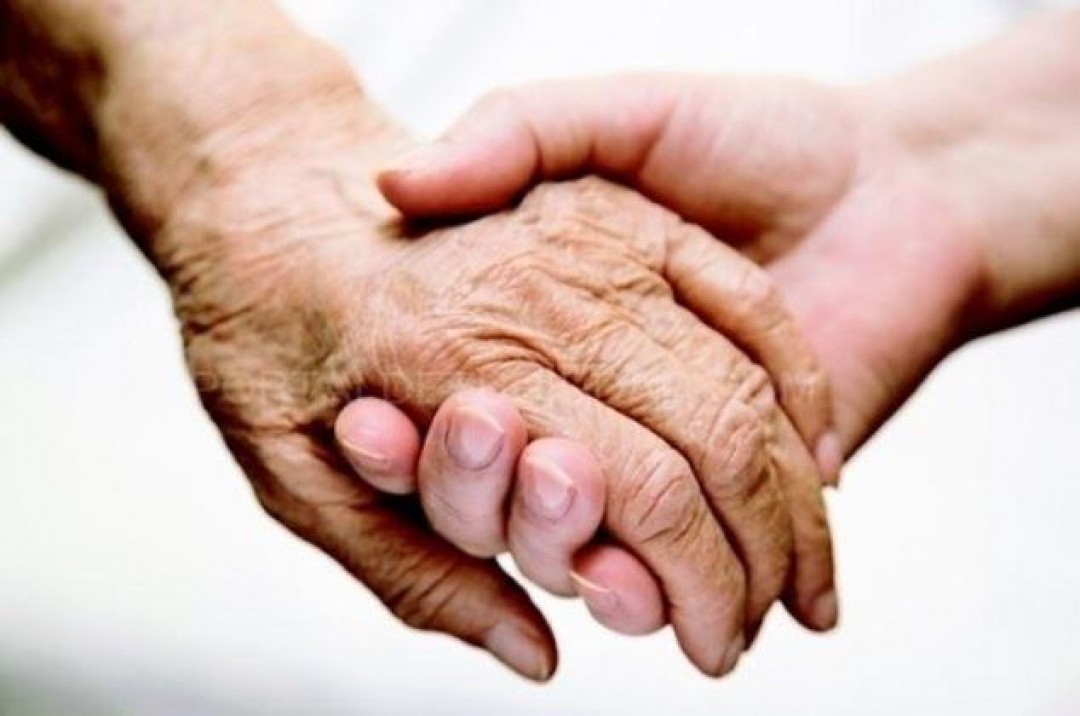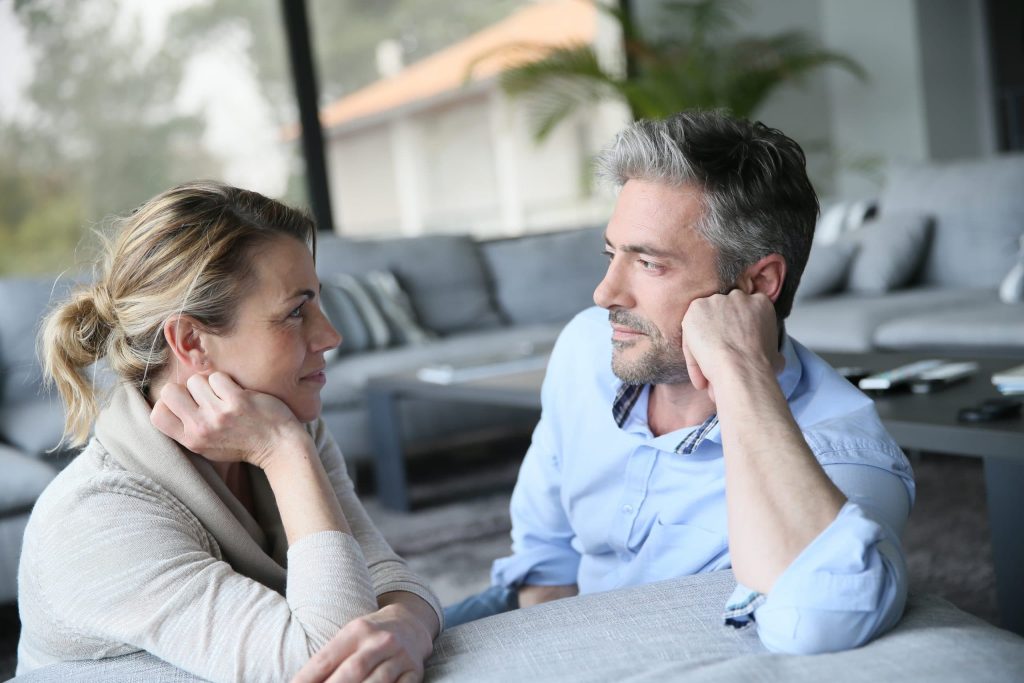
In today’s fast-paced world, many men silently carry the painful legacy of unresolved family conflicts. Whether stemming from long-standing disagreements, deep-seated disappointments, or traumatic past events, these wounds can obstruct personal growth and healthy relationships. The journey to healing begins with self-awareness, practical strategies, and an open heart. In this article, we share actionable steps and mindful techniques to help you mend these deep emotional scars, build resilience, and evolve into a better version of yourself. This comprehensive guide offers personal insights and tools to transform pain into strength and cultivate genuine, lasting connections.
Understanding the Roots of Family Wounds
Family wounds usually originate from a mixture of unresolved conflicts, emotions left unspoken, and repetitive generational patterns. Many men feel burdened by past misunderstandings that have shaped their self-identity. It is crucial to understand that these wounds are not a weakness but an opportunity to delve deeper into our emotional makeup. Recognizing the roots of your pain is the first stride toward true healing.
Frequently, the origins of our family wounds can be traced back to early life experiences, where family dynamics set the stage for roles and expectations. Recognizing these patterns can be enlightening and validating, as it sheds light on why we react to stress or conflict the way we do. This awareness lays the foundation for breaking free from cycles of pain and embracing healthier interactions.
By exploring the origins of your emotional wounds, you begin to unravel the complex web of feelings that keep you tethered to the past. This process may involve deep introspection and, sometimes, help from professionals or trusted friends. Understanding the deep-seated roots of your family pain is essential to kick-start your healing journey.
Key Points to Recognize:
- Identify recurring patterns in family dynamics.
- Reflect on early childhood experiences and their lasting impact.
- Acknowledge unspoken emotions and unresolved conflicts.
- Recognize that healing starts with self-awareness.
Essential Steps to Heal Emotional Family Wounds
After identifying the roots of your familial pain, the next step is to embrace a series of practical strategies to begin healing. Understand that healing is a process that demands patience, self-compassion, and a willingness to confront uncomfortable emotions. True healing begins with the intention to change and a committed practice of self-care.
Key steps include accepting your past, fostering open communication with family where possible, and learning to forgive both others and yourself. Each of these actions helps release emotional burdens and builds a new foundation for long-lasting personal growth. Every small, determined step reinforces the possibility of renewal.

Equally important is setting firm boundaries to protect yourself as you rebuild trust in your relationships. Healing involves balancing self-renewal with the courage to redefine relationships on healthier terms. With every positive change, you affirm that renewal is always possible. Invest in holistic practices that nurture your mind, body, and spirit as an essential part of this journey.
Forgiveness and Letting Go
Forgiveness isn’t about excusing past misdeeds or erasing pain. It’s about releasing the heavy burden of resentment to make room for inner peace and growth.
By choosing to forgive, you regain control over your emotions and open a new path marked by serenity and strength.
Establishing Boundaries
Setting healthy boundaries is a powerful act of self-respect. It acknowledges your emotional needs and prevents old patterns from recurring in new relationships.
Boundaries create a safe space for healing and personal growth while preserving your well-being.
Practical Advice for Personal Growth and Becoming a Better Man
Healing family wounds is a deeply personal journey that involves embracing habits that strengthen both your mind and emotions. A vital aspect of this process is cultivating emotional intelligence. Recognizing and understanding your feelings is crucial for nurturing your interpersonal relationships.
Practical advice includes regular self-reflection, journaling to track your thoughts, and committing to lifelong learning in emotional regulation. Many find that mindfulness practices—such as meditation, yoga, or even a brisk walk—help clear mental clutter and provide valuable breakthroughs.

Additionally, consider seeking professional support or joining groups where you can freely share your challenges. The guidance and accountability these resources offer can be transformative in your journey toward becoming a self-aware, better man.
Daily Practices for Growth:
- Dedicate time to mindful meditation to center your emotions.
- Keep a journal to record your emotional progress and insights.
- Engage in regular physical activity to boost resilience and ease stress.
- Seek professional guidance or peer support during challenging times.
Building a Future of Healthy Relationships
Healing your inner wounds is only one part of the journey—cultivating healthy relationships is equally vital. Although facing challenges in personal and family relationships is common, the healing process naturally enhances your ability to connect with friends, colleagues, and future loved ones. Strong relationships are built on transparency, trust, and mutual respect.
When working to mend emotional scars, it’s important to set realistic expectations for yourself and those around you. Embrace vulnerability as a strength and use your experiences to foster empathy. This approach not only deepens your connections but also inspires others to pursue healing.
Develop conflict resolution strategies that emphasize open dialogue and compromise. By focusing on these techniques, you set the stage for growth in every area of your life. As you heal within, you naturally create more meaningful and supportive relationships with others.
Effective Communication Techniques
Open and honest communication is the cornerstone of every healthy relationship. Begin by truly listening and validating the feelings of those you care about.
Using non-violent communication methods can help express your needs and resolve conflicts in a respectful manner.

Strategies for Conflict Resolution
Recognize early signs of conflict and address them before they escalate. A calm, composed approach often defuses tension before it grows.
Focus on understanding different perspectives instead of assigning blame, to achieve mutually beneficial solutions.
Content Additional
Beyond the main sections, it’s helpful to explore extra strategies and insights that reinforce your personal growth. Supplementary practices such as creative expression or community involvement can enrich your healing journey. Creative outlets like writing, painting, or music provide therapeutic channels to express emotions that might be hard to articulate.
Consider joining local groups or online forums that encourage discussions around emotional well-being and recovery. These communities offer fresh perspectives and the comforting sense that you are not alone in your struggles. In today’s connected world, collective healing is increasingly recognized as a powerful tool.

Another important aspect is the commitment to continuous personal education. Engaging with books, podcasts, or seminars keeps your healing journey dynamic and informed by the latest insights. Staying curious and committed to learning reinforces your ability to adapt and overcome setbacks.
It’s essential to remember that healing is not a linear process—there will be ups and downs. Embrace each phase as part of your personal story, cultivating resilience with every challenge. A realistic outlook on your journey fosters lasting progress and emotional balance.
Healing from family wounds is a gradual process of self-discovery and commitment. As discussed, understanding your past and actively applying practical growth strategies are fundamental in becoming your best self. By acknowledging your pain, seeking support, and working continuously to forge healthier relationships, you open the door to inner peace and resilience. Every step you take not only transforms your life but positively influences those around you.